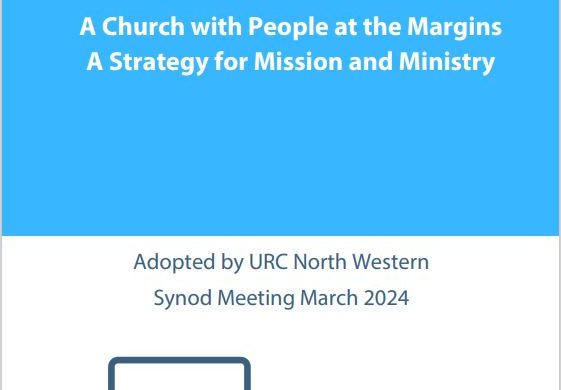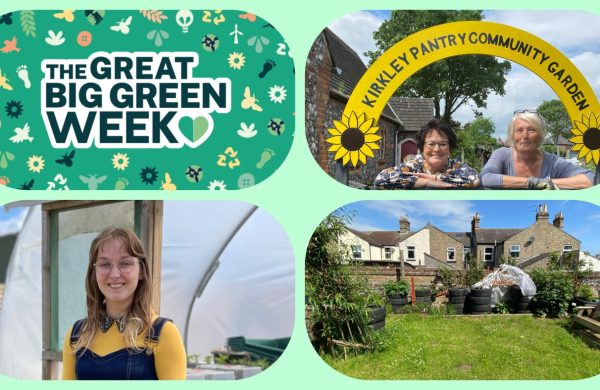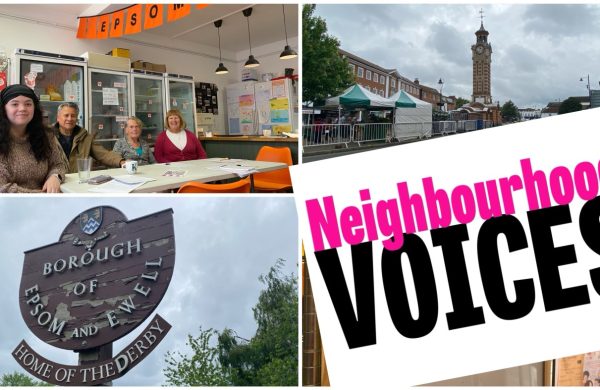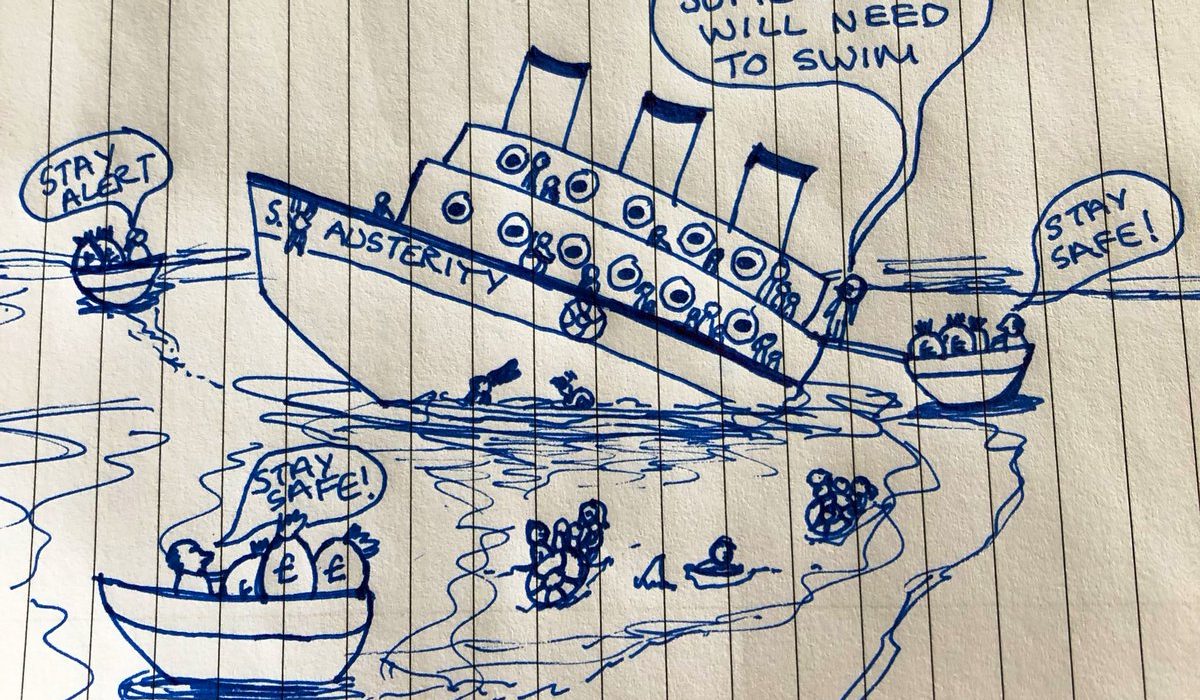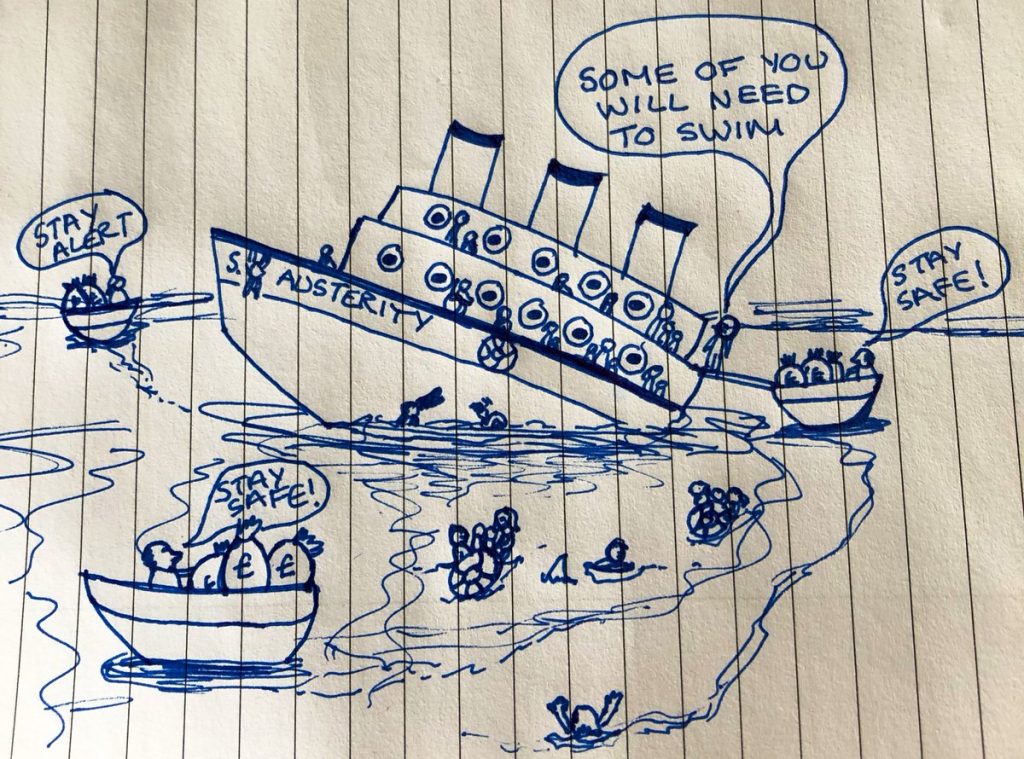As we live through the pandemic and lockdown, we are on a journey together. Church Action on Poverty invites you to share your thoughts on how we can 'build back better' after the pandemic.
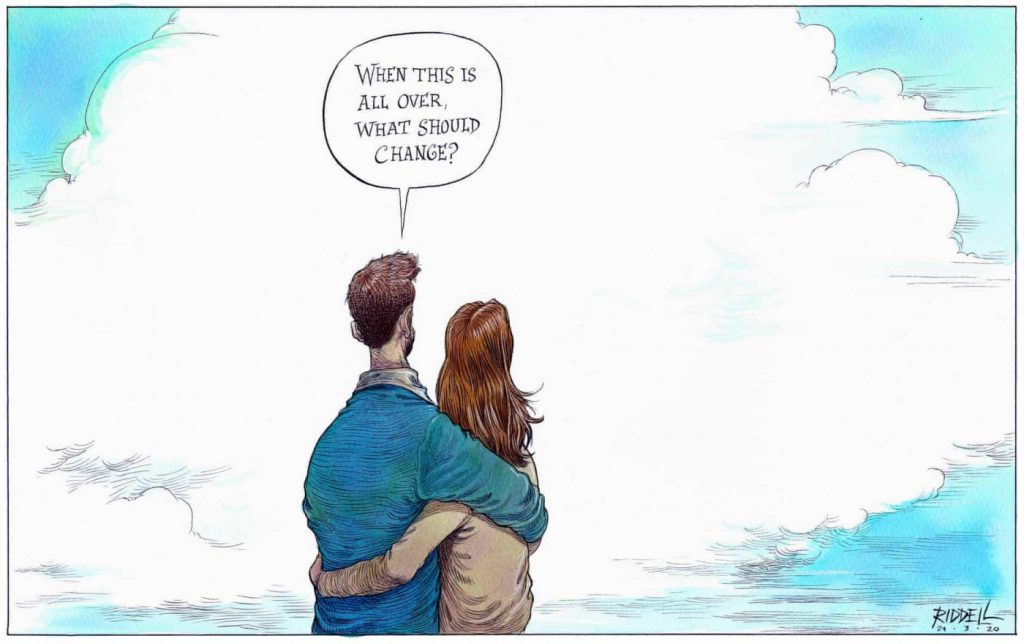
This is a crucial moment in our nation’s life. Some talk of the importance of ‘building back better’. Others, inspired by Christian tradition, might describe this as a ‘kairos’ moment.
The pandemic has cast a light on the injustices and inequalities in our society. At the same time, the responses we’ve seen in our communities have reminded us of the values that we all share, and which should guide us on this journey.
Surveys reveal a huge desire in the population at large for permanent changes in society, with only 9% of Britons wanting life to return to ‘normal’ after the coronavirus outbreak is over. While not wanting to diminish the pain, suffering and terrible cost of the current crisis in lives and livelihoods, this presents both a challenge and an opportunity.
We know now, more than ever, that poverty is an outrage against humanity. It robs people of dignity, freedom and hope, of power over their own lives. We continue to believe that our vision – an end to poverty in the UK – can become a reality.
As we start to think about the future, what kind of compelling shared vision might inspire a wider movement for social transformation in our communities, and wider society?
Are there new ways we can speak and act together to realise a vision of the UK transformed into a country where everyone can live a full life, free from poverty?
Over the next week, we’ll share a series of blogs exploring different aspects of this question. Please watch this space, and share your thoughts and ideas by commenting!
On 19 May, our Gathering on the Margins explored the question too.



